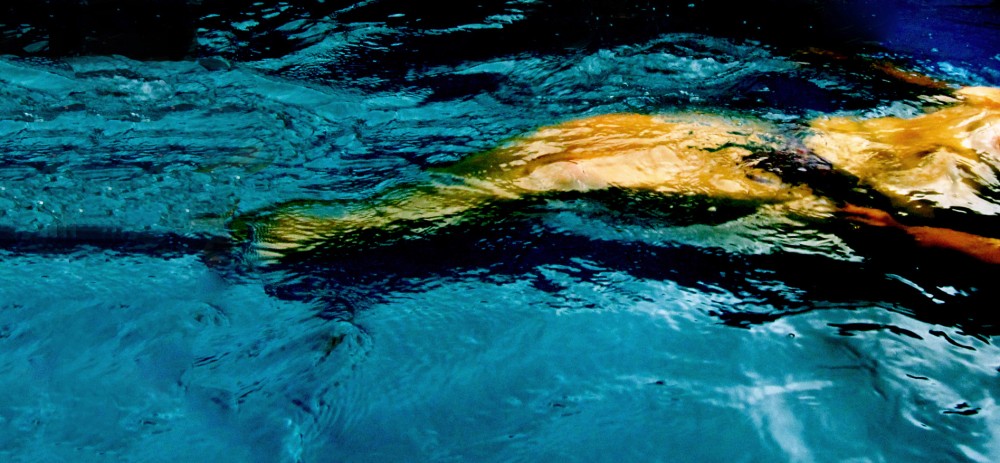I have wanted to see a real live opera for years, ever since I discovered Joan Sutherland (the best ever soprano, in my humble opinion) and last night was to be my first experience (I know, at my age!); therefore, it was a long awaited special treat. Chris had booked online for our tickets at Bristol’s Colston Hall Theatre; the tickets were for four seats (Mary and Geoff, my sister and her husband, came too), five rows from the front of the stage, as seen on the online virtual theatre screen (which shows you your approximate view).
Imagine our surprise when we arrived and found that Row E was right at the front, next to the orchestra (the orchestra occupied the space where the first four rows once were).
“Oh dear,” I said, “we never would have booked these seats so close to the front.”
“That’s not how it looked on the seating display,” said Chris, a bit vexed (a very rare state of affairs for Chris).
“I can’t sit there,” I complained and looked searchingly at Mary .
“Shall we go and see the manager, Sally?” Mary suggested with a smile.
Of course, our menfolk knew the tale (now Porch family legend) about the occasion when Mary and I went to see “Les Miserables”: we were “in the Gods” (a very good name for those seats that make you feel like you’re looking way down a chimney to a tiny stage at the bottom) and, perhaps not helped by the fact that I was still recovering from meningitis, I felt extremely sick every time I ventured to look down.
“You stay here while I go to see the manager,” Mary had told me.
She returned some minutes later with a jubilant look on her face.
“Quick, rub your makeup off, Sally,” she said, “the manager is going to escort us personally to better seats!”
The second half of “Les Miserables” was wonderful, especially as viewed from our new seats.
Back at Colston Hall, our men agreed that we girls, with our greater experience in these matters, were the right ones to see the manager. Whilst Mary and I waited for the arrival of the seating manager we were joined by a man, similarly disconcerted with his seating arrangement, who had overheard our conversation.
“I have a directional hearing problem as a result of meningitis,” I offered.
“And I can’t look up due to vertigo,” said Mary.
“Well I’m claustrophobic,” said the man.
“I quite understand,” I nodded understandingly, “none of us could possibly be expected to remain in those seats!”
We all made the same noises to the seating manager and he quite understood too. Luckily, there were plenty of free seats and we were pleased to be offered four chairs at the back of the first echelon, which was at ground level.
Actually, we were quite pleased but not totally thrilled because we were still rather close to the stage, close enough to lose much of the mystery and magic; so while the singing and the music was marvellous, I was distracted by thoughts about the sets, costumes and even the ages of male performers (not to mention their proportions, which would have suited better an opera about the Romans rather than starving writers and artists in a garret in Paris!). My neck began to ache a little from having to look up constantly at the sur-titles high above us and I glanced over at Mary, who caught my meaning. Mary and I were keen to make another move, this time further back, to any one of the empty tiers leading off from the central steps but the men urged us to wait. They didn’t want us the draw attention to ourselves although the auditorium was still dark while the stagehands changed the scenery.
After the first interval we found four excellent seats in the middle, about halfway up the steps, and with so much space that we could comfortably leave an empty chair, for our coats and bags, between we two couples. I noticed the claustrophobic gentleman and his wife had made another move also, as did several others who were likewise sensitive and sensible.
When the lights came onto the stage to reveal snow falling on the Paris street scene I was at last convinced and captivated; and when Rudolpho held little Mimi in his arms before parting from her I didn’t notice that he was quite so portly, or old enough to be her father; and I didn’t have to look up to read the sur-titles; and I was happy. I tore my eyes from the stage only once or twice after that, just to observe the happy faces around me; Mary caught my eye and beamed her approval through her tears…well, “La Boheme” is a beautiful tragedy.
The second half of “La Boheme” was wonderful, almost as I had imagined it would be, all thanks to our wonderful seats…and the Moldova National Opera Company, naturally! Next month “Aida” comes to Torquay…




















